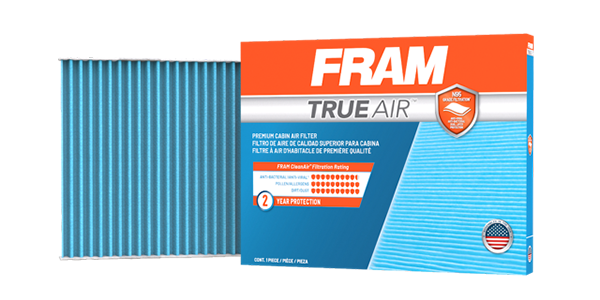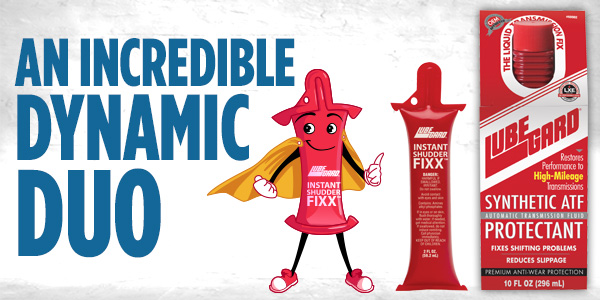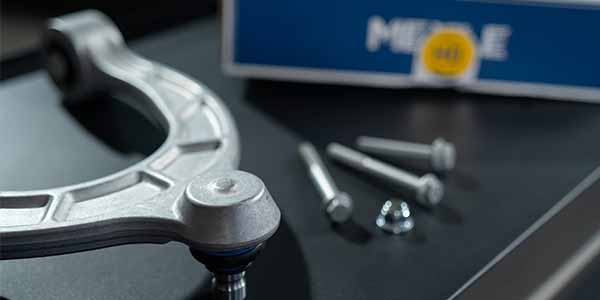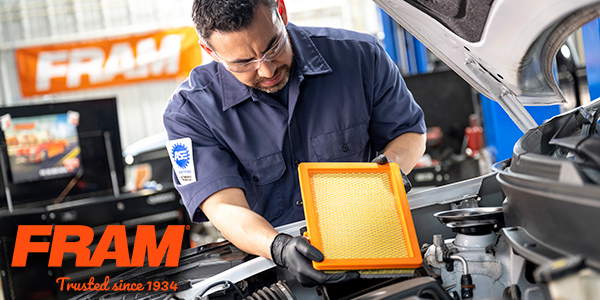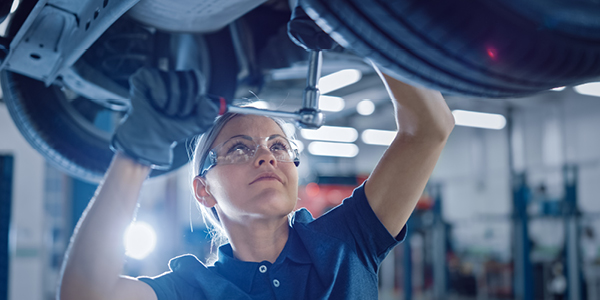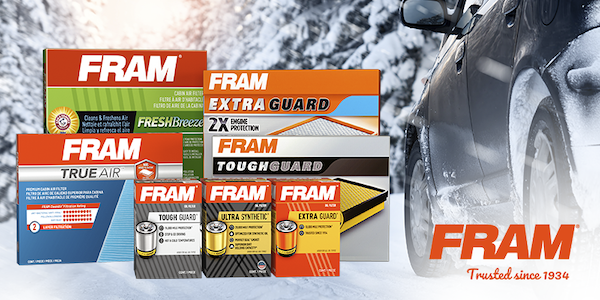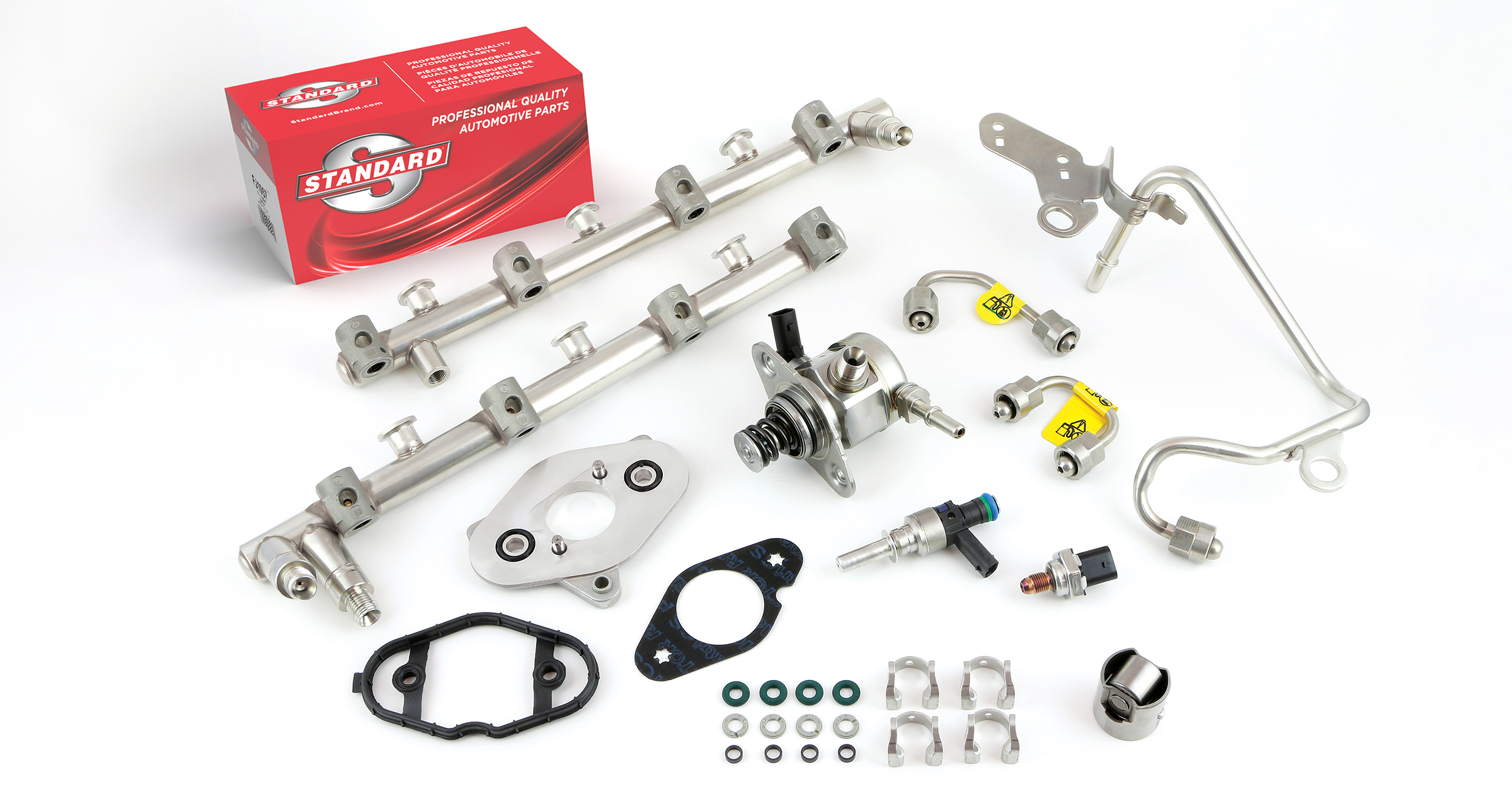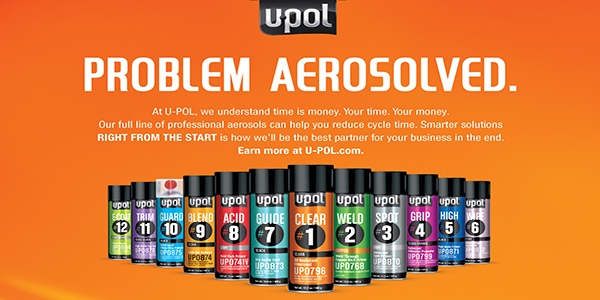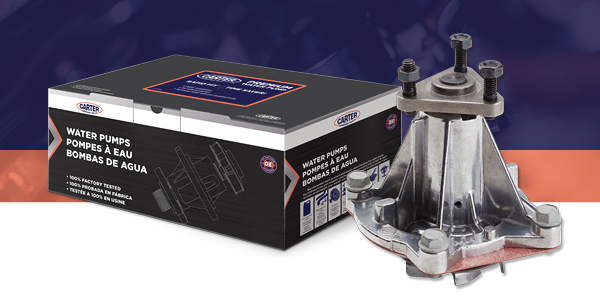The latest advances in cabin air filter engineering are raising the bar for in-vehicle air quality.
Cabin air filters were introduced in 2000 as a method for providing cleaner and healthier air inside vehicles. Standard cabin air filters effectively trap particulates in the 5–100 micron range, such as dirt, dust and allergens. However, these filters are less effective at trapping more harmful particles (smaller than 2.5 microns) that can reach deep into the lungs without also restricting airflow through the vehicle’s HVAC system.
At a time when air quality and health are top of mind, manufacturers are using innovative methods to address this challenge with products that provide an effective balance of advanced filtration and air flow. For example, FRAM’s latest premium cabin air filter offering, FRAM TrueAir™, provides anti-bacterial† and anti-viral†† protection with N95 grade filtration* that captures microscopic airborne particles as small 0.3 micron while maintaining optimum air flow.
FRAM TrueAir features an innovative dual-layer design combining electrostatically-charged media and anti-bacterial silver ion technology to not only capture 95% of the airborne particles (down to 0.3 micron) carrying viruses, but also to inhibit the growth of mold and bacteria. FRAM TrueAir also effectively captures 99% of dirt, dust, pollen and allergens.
View this detailed video to see how it works and learn more about the product.
Easy Installation
Cabin air filters are often “out of sight, out of mind,” but without proper maintenance, cabin air filters can become clogged, resulting in musty odors and reduced air flow. Luckily, replacing cabin air filters can be one of the easiest maintenance jobs for vehicle owners. FRAM TrueAir Premium Cabin Air Filters can be installed in less than 15 minutes on average and provide protection for up to 2 years. FRAM recommends changing cabin air filters every 12 months to improve filtration efficiency and maintain optimal airflow performance.
Visit Fram.com for more quality filtration products.
*Product is not NIOSH certified and not intended for use as a respirator or for medical purposes. Based on 3rd party ISO11155 testing of FRAM filter CV10381 achieving 95% filtration efficiency @ 0.3 micron, and 99%+ efficiency @ 3 micron.
†Product tested to GB21551.2-2010 and had achieved >99% antibacterial efficiency with Escherichia coli (E. Coli) and Staphylococcus aureus.
†† Product tested to ASTM F2101 with Bacteriophage PhiX174 and had achieved 99% Viral Filtration Efficiency.
This article was sponsored by FRAM.

